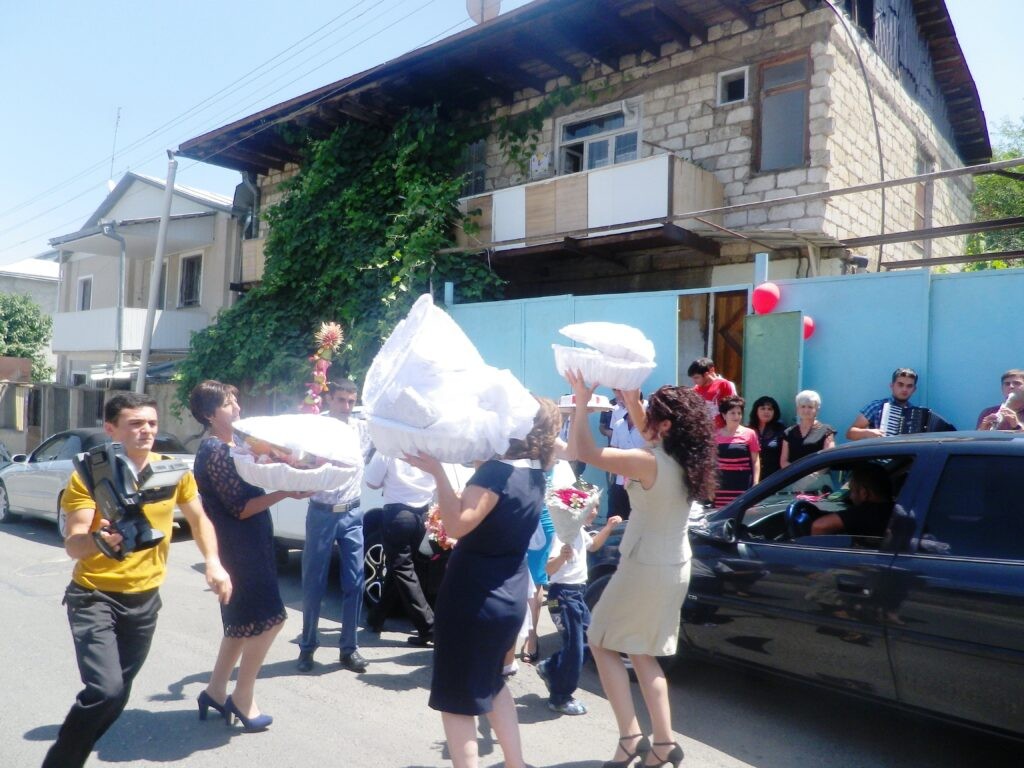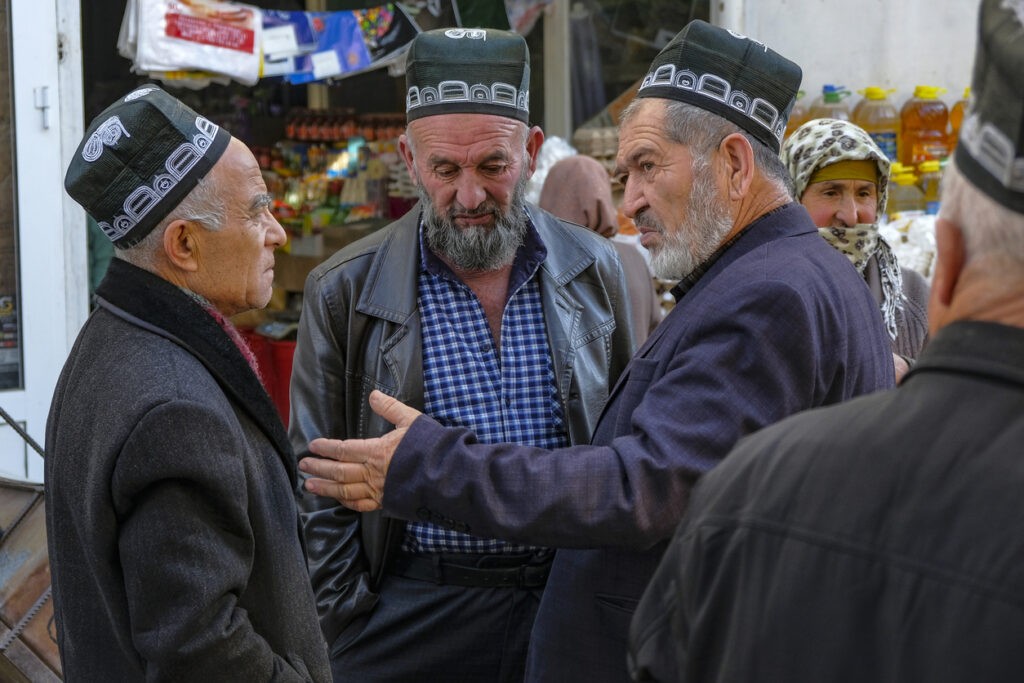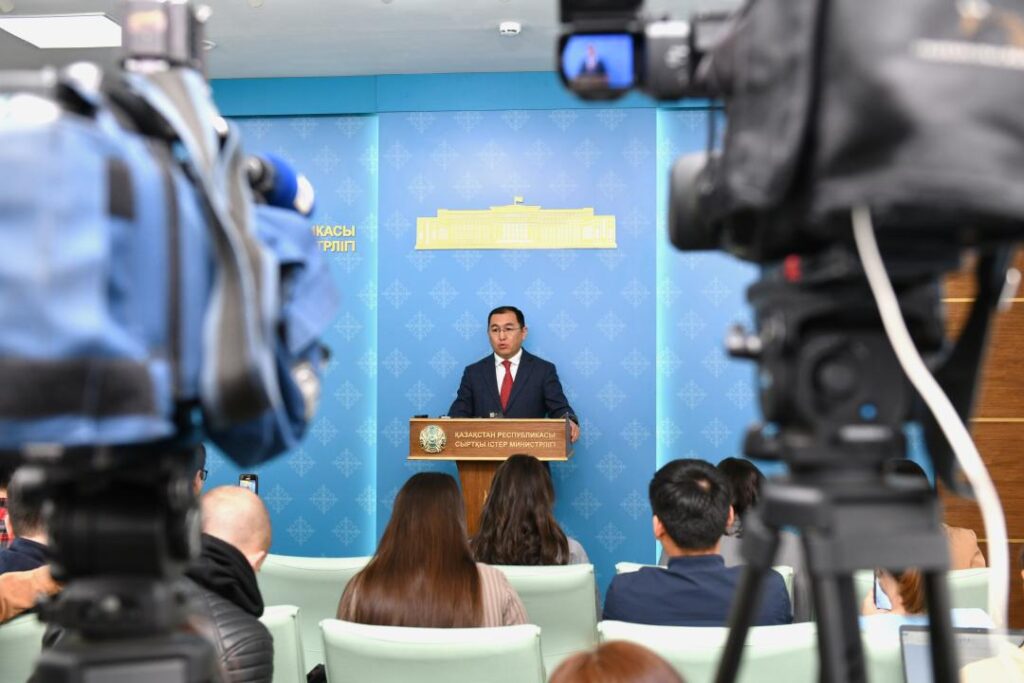Kazakhstan to Host Armenia-Azerbaijan Talks on May 10
The foreign ministers of Armenia and Azerbaijan will hold talks in Almaty on May 10 as they seek to end their long-running conflict, Kazakhstan said on Monday.
The negotiations will happen in line with “previously reached agreements,” said Aibek Smadiyarov, spokesman for Kazakhstan’s Ministry of Foreign Affairs.
Jeyhun Bayramov, Azerbaijan’s top diplomat, and his Armenian counterpart, Ararat Mirzoyan, will attend, according to the Kazakh official.
Armenia and Azerbaijan have been locked in tension and conflict over territory since the 1990s, though the two sides have been working to delineate their borders following Azerbaijan’s retaking of control of the disputed Nagorno-Karabakh region last year.
As reported by TCA last week, in a statement President Tokayev “welcome[d] the agreement between the Republic of Azerbaijan and the Republic of Armenia to hold talks at the Foreign Ministers’ level on the preparation of a peace treaty between the two states, at the suggestion of the Kazakh side.” Tokayev went on to express his hope the upcoming meeting would help with the “practical implementation” of agreements between the two sides.








